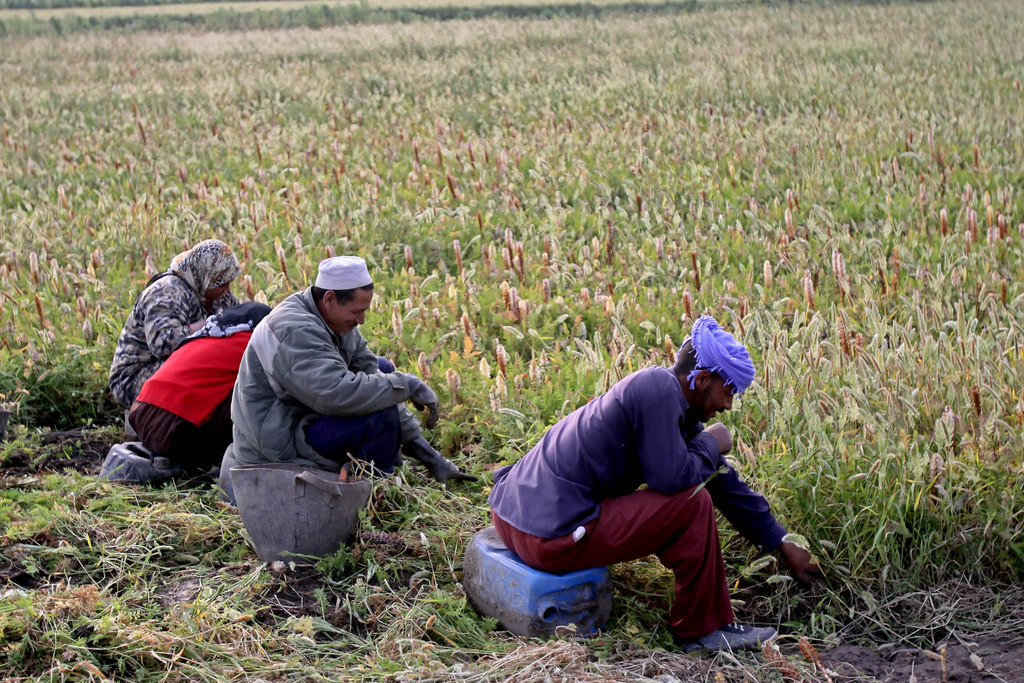After more than two decades of planning and construction, Egypt is preparing to inaugurate the Grand Egyptian Museum – the world’s largest archaeological museum – in an international celebration scheduled for 1 November. The event, expected to draw world leaders and prominent figures, marks a milestone in Cairo’s efforts to establish itself as a global capital of heritage and ancient civilization.
Located on the Giza Plateau near the Pyramids, the Grand Egyptian Museum stands as one of the most significant cultural projects in modern Egyptian history. Covering more than 300,000 square metres, it features vast exhibition halls and the Middle East’s largest restoration centre.
The museum will showcase over 100,000 artefacts spanning all periods of ancient Egyptian history, from the pre-dynastic era to the Greco-Roman period. Among its highlights is the complete collection of King Tutankhamun’s treasures — displayed in full for the first time since the discovery of his tomb in 1922 — alongside the belongings of Queen Hetepheres, mother of King Khufu, and the reconstructed solar boats of Khufu himself.
Designed by the Irish architectural firm Heneghan Peng, the museum’s structure blends modern geometry with pharaonic symbolism. It aligns with the sun’s rays extending from the peaks of the three pyramids, converging at the museum’s core. Construction began in 2005 and was completed in 2021, followed by extensive preparations for installation, conservation, and staff training.
The idea of the Grand Egyptian Museum dates back to the 1990s, when Egypt launched an international architectural competition under the auspices of UNESCO and the International Union of Architects. In 2016, a prime ministerial decree established the Grand Egyptian Museum Authority, which was later reorganised in 2020 as an economic public body under the Ministry of Tourism and Antiquities. President Abdel Fattah Al-Sisi chairs the museum’s Board of Trustees, which includes leading Egyptian and international experts.
Following its grand opening, the museum will host a range of cultural and educational events. It includes a children’s museum, an education centre, a cinema, and a conference hall, as well as temporary exhibition spaces and commercial areas featuring restaurants, shops, and landscaped gardens — creating a comprehensive cultural and tourism hub that reflects Egypt’s vision of linking heritage with the creative economy.
Ahead of the inauguration, President Al-Sisi met with Prime Minister Mostafa Madbouly, Tourism and Antiquities Minister Sherif Fathy, and Mohamed El-Saady, the general supervisor of the opening ceremony, to review final preparations. Presidential spokesperson Mohamed El-Shenawy said the president emphasised the importance of ensuring that the event reflects Egypt’s leadership in global culture and heritage, and showcases the country’s broader development and progress.
The meeting also reviewed logistical arrangements and the progress of development projects around the museum site, in anticipation of the influx of international delegations and media representatives. The opening is expected to be attended by kings, presidents, and leading cultural and artistic figures from around the world.
In line with the president’s directives, Prime Minister Madbouly declared Saturday, 1 November, a paid public holiday for employees in government ministries, local administrations, and public and business sector companies. Cabinet spokesperson Mohamed El-Homsany said the decision aims to facilitate movement for international delegations and enable Egyptians to follow the historic celebration that the world has long awaited.
Officials say the Grand Egyptian Museum will not only stand as a monumental showcase of Egypt’s ancient treasures but also serve as a global hub for education, innovation, and cultural exchange. The museum employs state-of-the-art technologies for interactive displays, digital documentation, and artefact conservation, reinforcing Egypt’s position as a leading destination for cultural tourism expected to attract millions of visitors annually.
As Cairo adds the final touches ahead of the long-awaited opening, observers describe the event as a defining moment – one that reaffirms Egypt’s enduring legacy and reintroduces its ancient civilisation to the world in a modern, dynamic light.




